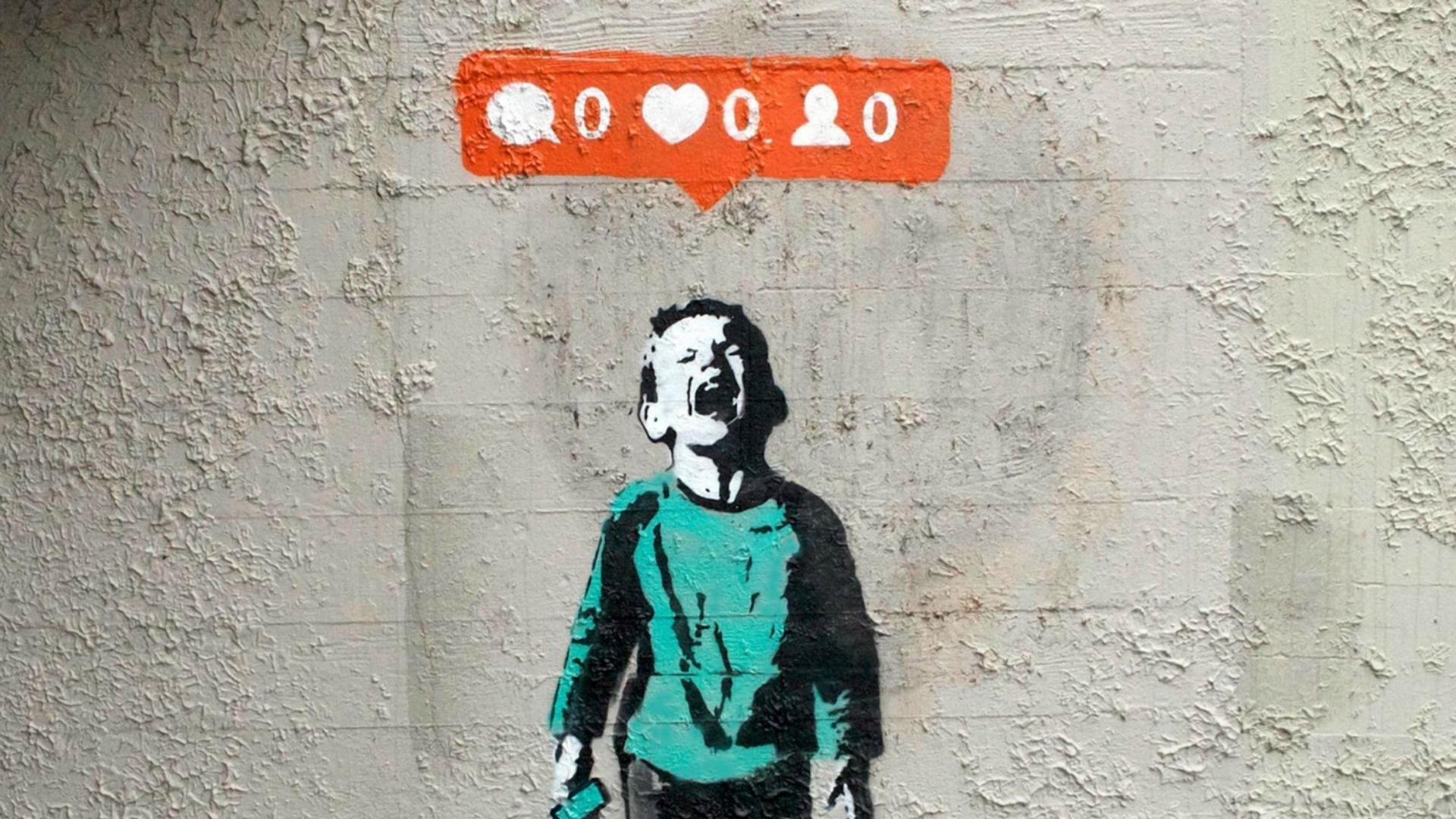
Welcome to the Policy Nerd podcast by the UNESCO Inclusive Policy Lab. This is the place where top thinkers come to talk concrete data and debate policy solutions that would reset us along a more equitable and smarter path.
This episode is concerned with social media and its effects on trust in science.
Today we have a three-hand conversion. Joining us are the experts Homero Gil de Zuñiga Navajas and Brigitte Huber.
Homero is a Distinguished Research Professor at University of Salamanca in Spain, Professor at Penn State in the US, and Senior Research Fellow at Universidad Diego Portales in Chile. His expertise is on influence of new technologies and digital media on democratic processes.
Brigitte is a Professor at IU Internationale Hochschule in Germany, having previously been at the University of Vienna. Her expertise lies, amongst others, in science communication and social media.
The host is UNESCO’s Iulia Sevciuc.
THREAD 1: Much guilt for the erosion of public trust in science is laid at the feet of social media. Does data support such fears? A 20-country study looked into this relationship and says… “it’s complicated”. Social media news use is positively related to trust in science, yet worries about echo chambers and polarisation are real. This tangles even further when we cannot agree on what we mean by “science” or by "factual vs non-factual" on social media.
THREAD 2: There is little fake news on social media, but it’s the concentration and effects that are concerning. The majority of fake news hits a small group of people, who are dragged into informational rabbit holes by algorithms and their own curation of content.
THREAD 3: There is room for everything to happen on social media, so scientists and policymakers need to discern efficient paths to positive outcomes. From using micro-targeting, to banking on users’ need for cognition, to tailoring campaigns to personality traits – social media has “tricks”, but are we ready to employ them in policy and science?
Have you seen?
Polarisation kidnapped science, the price is paid by all
Trust in science – factor in culture and belief
We politicised science and scientised politics – is that a problem?
On the go? Listen and subscribe here:
Also on: Apple Podcasts | Google Podcasts | Spotify | Amazon Music | YouTube | Deezer | Podcast Addict
---
Homero Gil de Zuñiga Navajas is a Distinguished Research Professor at University of Salamanca in Spain, Professor at Penn State in the US, and Senior Research Fellow at Universidad Diego Portales in Chile. His focus is on influence of new technologies and digital media on democratic processes.
Brigitte Huber is a Professor at IU Internationale Hochschule in Germany, having previously been at the University of Vienna. Her research interest lies in science communication, social media, political communication, and journalism studies.
Iulia Sevciuc is UNESCO’s lead on inclusive policies and the data-driven policy change. Prior to this appointment, Iulia worked with the United Nations Development Programme (UNDP) on similar agendas.
The facts, ideas and opinions expressed in this piece are those of the authors; they are not necessarily those of UNESCO or any of its partners and stakeholders and do not commit nor imply any responsibility thereof. The designations employed and the presentation of material throughout this piece do not imply the expression of any opinion whatsoever on the part of UNESCO concerning the legal status of any country, territory, city or area or of its authorities, or concerning the delimitation of its frontiers or boundaries.
